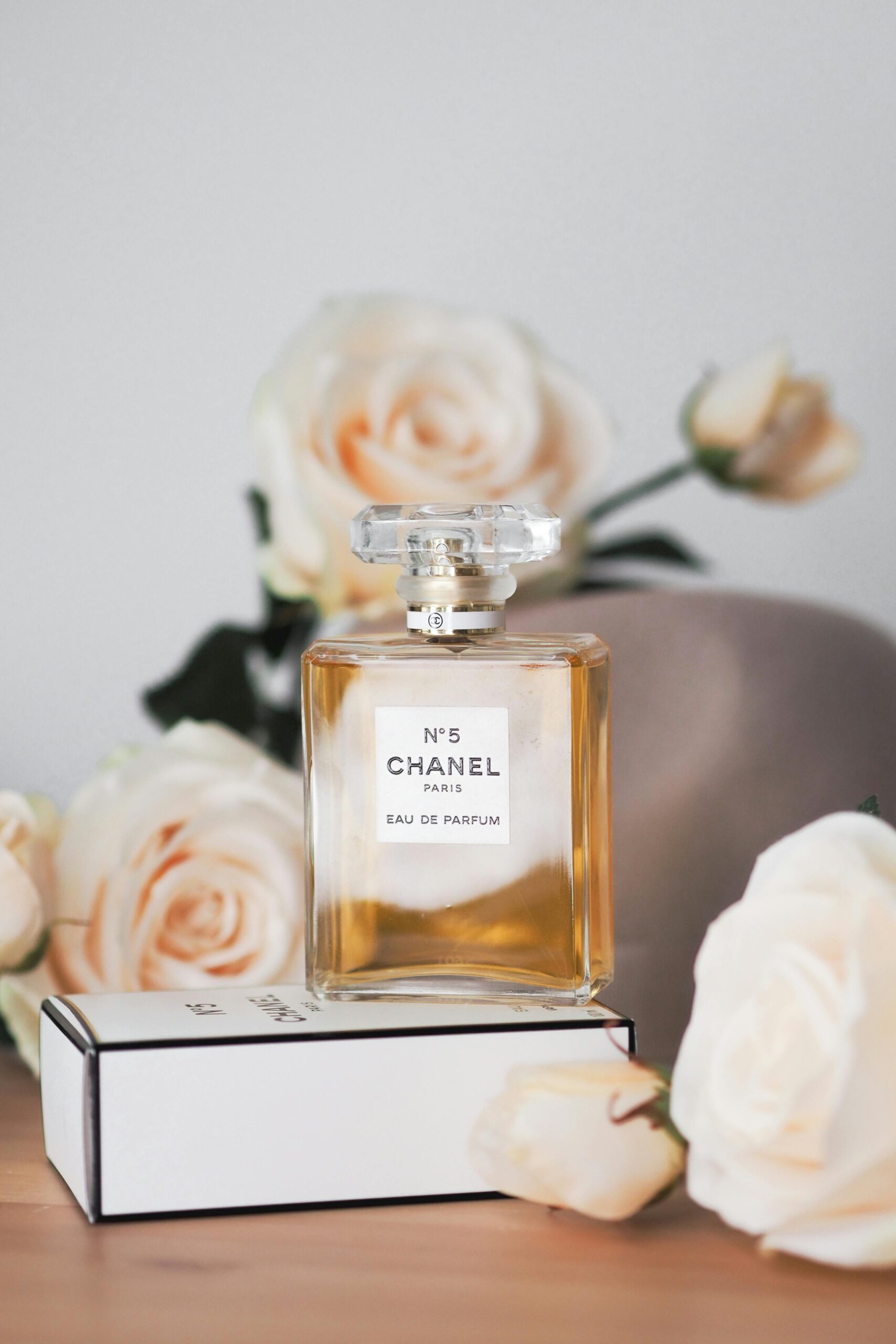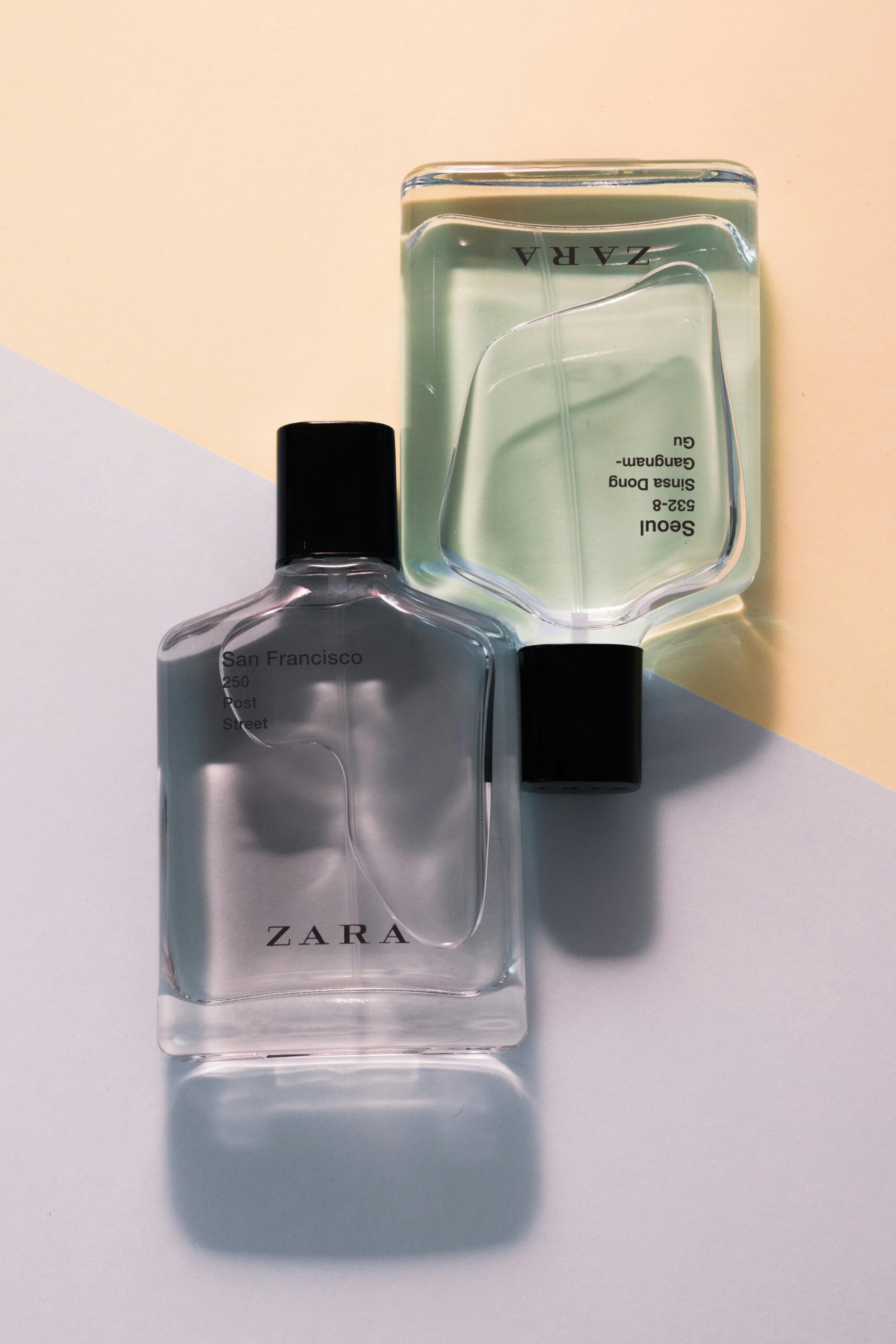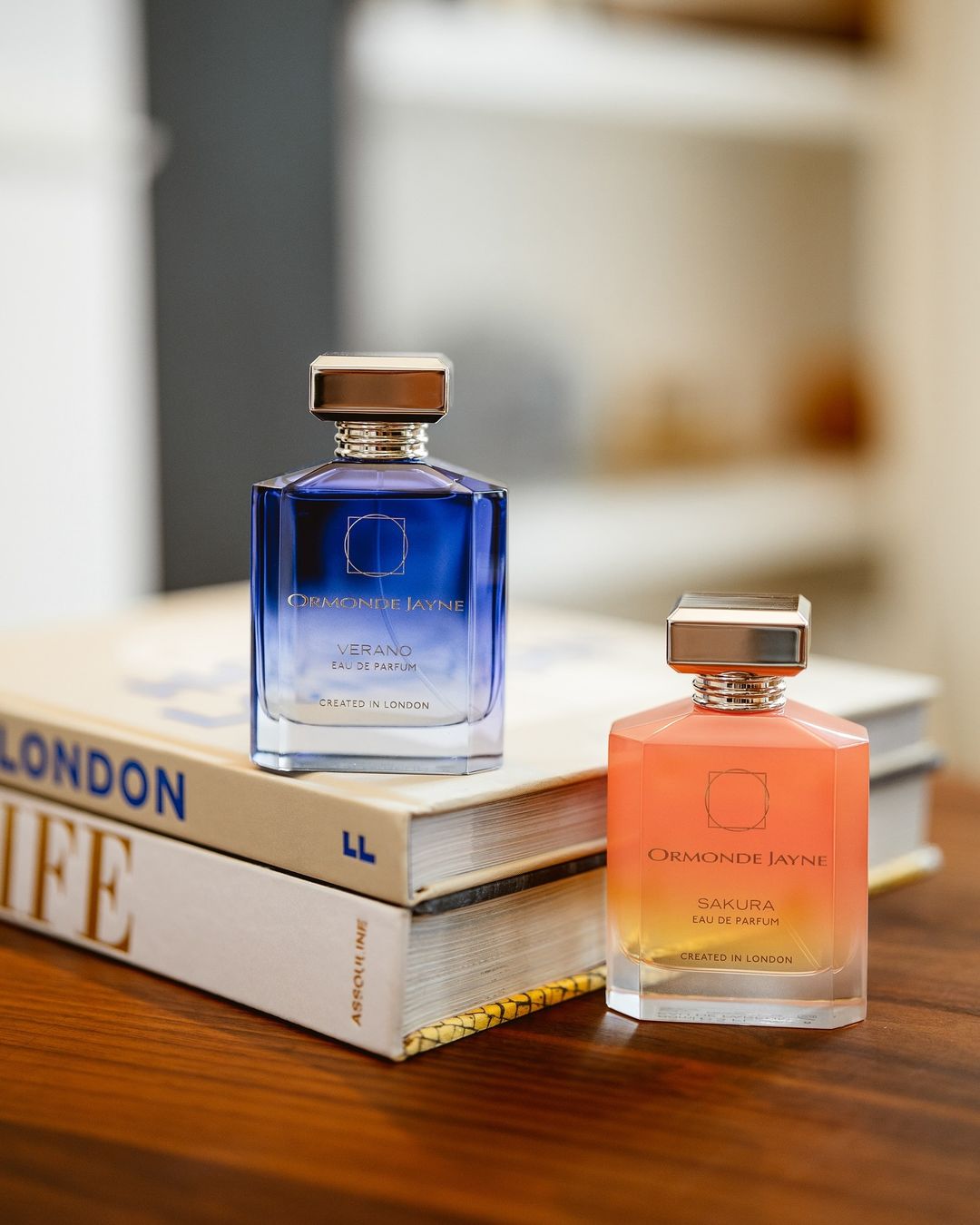
Photo: Laura Chouette for Pexels
Still spritzing on your old favourite fragrance? Me, too. While there’s something to be said for having a signature scent, it’s always good to freshen things up and recently (inspired by my partner who loves his scents and has a small collection in the bathroom) I’ve been thinking that I should try something new.
How your perfume smells can change over time. Changes in skin chemistry can interact differently with the ingredients. Post-menopause declining oestrogen levels mean less sebum secretion, leading to drier skin, which means that the active components dissipate faster.
As we get older, our sense of smell can fade, known as presbyosmia. Up to half of over-60s can be affected. That can mean you apply too much perfume (or, like me, forget that you’ve already spritzed!), and all of a sudden stronger scents are more appealing, as subtle aromas can become lost on us. Ideally, your perfume should be perceptible only at close range, not leaving an overpowering wake. Remember, we can’t smell our own perfume after about half an hour, but others can…

Photo: Ron Lach for Pexels
Perfumes and the past
Certain scents can trigger memories, instantly summoning up people and places. This is because the brain structures that process odours also handle memory and emotion. My first scent was probably 4711, bought on a school trip to Germany when I was 15, and I still love fresh, citrussy formulas – although I no longer like how 4711 smells on me. I used to borrow my dad’s Pino Silvestre, and my stepdad will always be associated with Aramis. Weirdly, the sweet, talc-y notes of my current deodorant remind me of my grandma’s L’Aimant by Côty. Lots of friends at school and college wore Anaïs Anaïs, launched in 1978, which made The Perfume Shop’s 2020 list of the top 30 scents. When the Body Shop went into administration earlier this year, its White Musk was hailed as the signature scent of a generation.
How to shop for a new scent
Different perfumes suit different moods. Linda Pilkington, founder of independent British perfume house Ormonde Jayne suggests having several to choose from. ‘If you’re in an office you might not want to wear anything overpowering, but if you’re going out on a date in the evening, you want to wear something that makes you feel special. And if you’ve got a hard day ahead, seeing lawyers or the bank manager, you might want to wear something that gives you confidence, a sense of power.’
Caught an appealing whiff on someone? Don’t be shy; ask them what it is, but remember that it may smell different on you. Go shopping with clean, unscented skin, an open mind and time on your hands. Don’t expect to find your new all-time favourite in five minutes.
Don’t overlook more affordable options. Own-brand scent from M&S, Zara and other high-street shops gets good reviews. For a tenth of the price of 100ml of Chanel No5 eau de toilette (£122), you could find a new favourite such as M&S’ Discover Fresh Citrus & Moss (£12.50) – not to be sniffed at.

Photo: Yoendry Prieto for Pexels
Don’t spray it on your skin; you might hate it. First, sniff an open bottle, or spray into the air or onto on a paper strip, and inhale. If you do like it, spray one wrist. Allow to dry and inhale. Still like it? Remember, scent changes over time: the alcohol evaporates initially then the other ingredients interact with your skin’s oils, moisture levels and acidity. Leave it for 10 minutes and sniff again. Don’t do this with more than four fragrances – one on each wrist, and one inside each elbow– or your sense of smell gets overwhelmed. Ask advice from shop assistants. Tell them that you like, say, Miss Dior, or floral scents, but want to try something new.
Linda Pilkington describes the Ormonde Jayne approach: ‘We offer tasting menus and consultations in the boutique, asking questions such as, “Do you like being by the sea or do you prefer the mountains? What are your favourite colours? What type of food do you like to eat? What smells have you adored?” Then we might let the customer smell four or five perfumes. We narrow it down to three and give them samples of those. And we advise them that when they’ve had their morning shower, before coffee or breakfast, spray the perfume and then get on with the day. Take the sample with you, top it up throughout the day, smell your wrist, see how it makes you feel, and smell your clothes the next day. Just take your time and see what works for you – it’s a big investment.’
Adrienne Wyper is a health and lifestyle writer and regular TNMA contributor.
